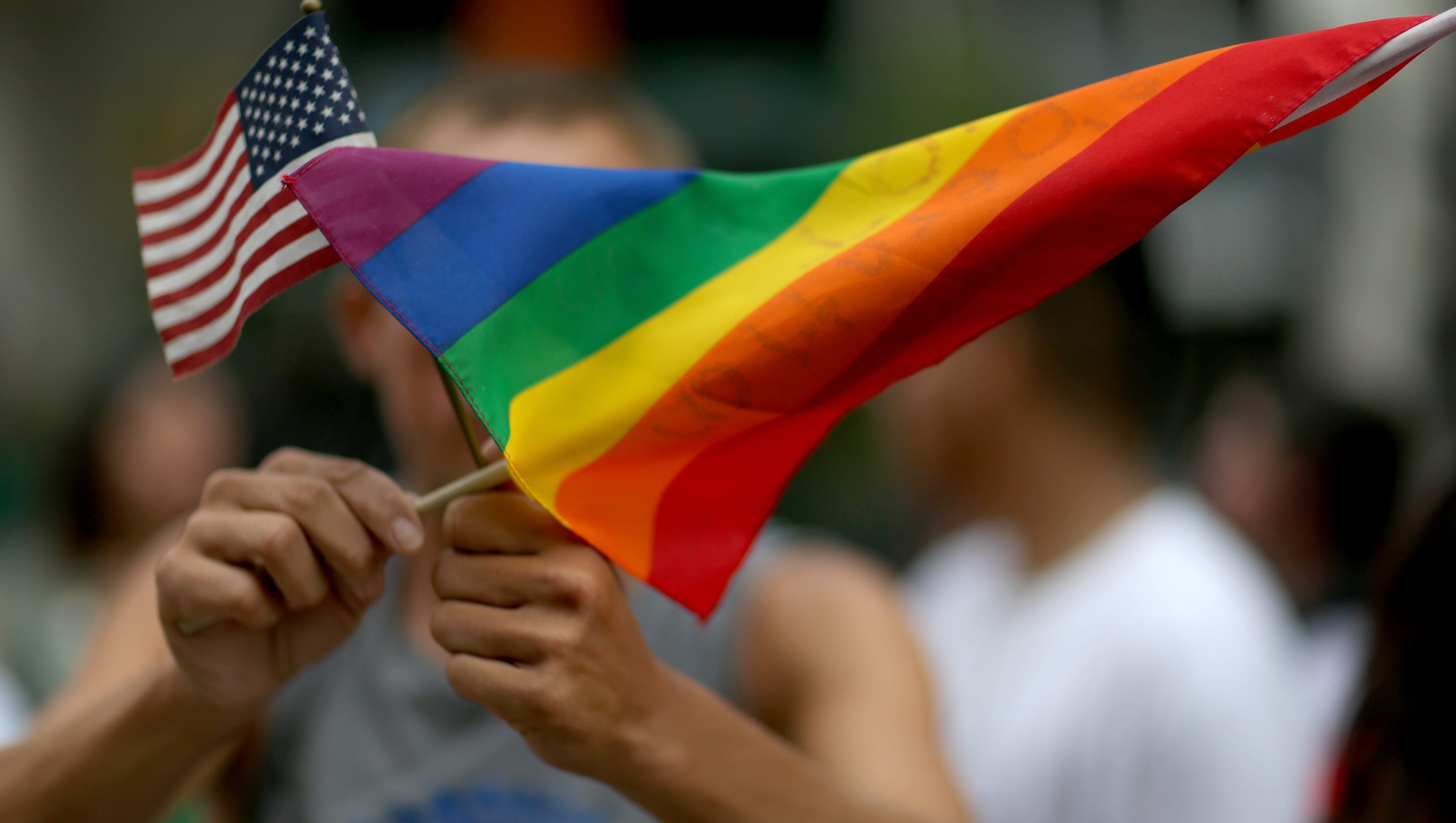Being LGBTQ+ is not a choice, and it is not a mental illness. It is simply a natural variation of human sexuality and gender identity. Basic questions about being LGBTQ+ are not bigoted; they are a sign of progress.
When people ask basic questions about being LGBTQ+, they are simply trying to learn more about a topic that they may not be familiar with. This is a good thing! It means that people are becoming more open-minded and accepting of LGBTQ+ people.
There are many benefits to asking basic questions about being LGBTQ+. For one, it can help to break down stereotypes and misconceptions about LGBTQ+ people. It can also help to create a more inclusive and welcoming environment for everyone.
Here are some examples of basic questions about being LGBTQ+ that you might hear:
- What does LGBTQ+ stand for?
- What is the difference between sexual orientation and gender identity?
- What are the different types of sexual orientations and gender identities?
- What are some of the challenges that LGBTQ+ people face?
- What can we do to support LGBTQ+ people?
These are just a few examples of the many basic questions that people might have about being LGBTQ+. If you are ever asked a question about being LGBTQ+, please don't be afraid to answer it. By answering these questions, you can help to create a more understanding and accepting world for everyone.
Here is a table with more information about the different aspects of being LGBTQ+:
- Sherry Schmidts Shocking Car Accident What You Need To Know
- The Ultimate Guide To Sachiko Dawkins Unlocking Essential Insights
| Term | Definition |
|---|---|
| Sexual orientation | A person's enduring physical, romantic, and/or emotional attraction to another person. |
| Gender identity | A person's internal, deeply felt sense of being male, female, or something else. |
| Transgender | A person whose gender identity does not match the sex they were assigned at birth. |
| Non-binary | A person whose gender identity does not fall within the traditional categories of male or female. |
| LGBTQ+ | An acronym for lesbian, gay, bisexual, transgender, queer, and other sexual and gender minorities. |
FAQs on "Basic Questions About Being LGBTQ+ Aren't Bigoted, They're Progress"
This FAQ section aims to provide concise and informative answers to commonly asked questions about the LGBTQ+ community and related topics. By addressing these questions, we hope to foster a better understanding and promote inclusivity.
Question 1: Why is it important to ask basic questions about being LGBTQ+?Asking basic questions about the LGBTQ+ community demonstrates a willingness to learn and understand diverse experiences and perspectives. It helps break down stereotypes, misconceptions, and biases, leading to a more inclusive and accepting society.
Question 2: How can I support LGBTQ+ individuals and their rights?Supporting the LGBTQ+ community involves respecting their identities, using inclusive language, and advocating for their equal rights. Active allyship includes participating in LGBTQ+ events, donating to organizations, and educating oneself and others about LGBTQ+ issues.
In conclusion, asking basic questions about being LGBTQ+ is a positive step towards progress and inclusivity. By fostering a culture of open dialogue and understanding, we create a more welcoming and equitable society for all.
Conclusion
In conclusion, basic questions about being LGBTQ+ are not bigoted; they are a sign of progress. By asking these questions, we can learn more about the LGBTQ+ community and help to create a more inclusive and welcoming world for everyone. It is important to remember that LGBTQ+ people are just like everyone else; they deserve to be treated with respect and dignity.
We must continue to strive for a world where everyone is free to be themselves, regardless of their sexual orientation or gender identity. By working together, we can create a more just and equitable society for all.
- Explore Anna Paquins Net Worth From True Blood To The Piano
- Clark Haggans Wife Meet The Woman Behind The Football Star

